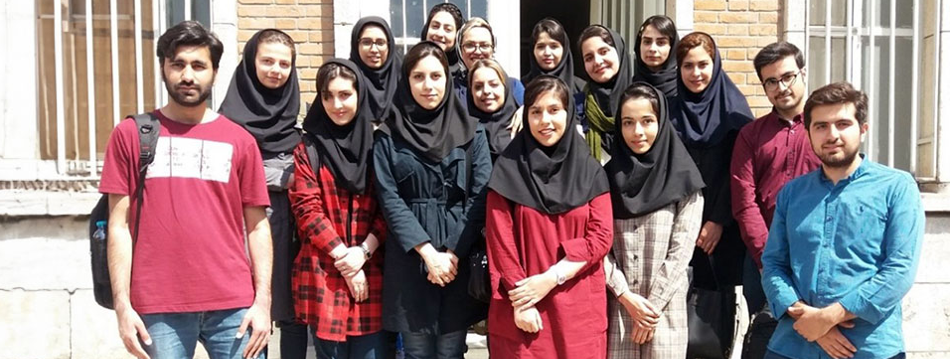|
Djibouti
In Djibouti, all eligible people living with HIV were transitioned to Dolutegravir-based first line antiretroviral treatment (ART) and guaranteed free access to HIV health services enabling them to achieve viral suppression and better health outcomes (UNDP, WHO, UNAIDS Secretariat). In addition, people living with HIV continued to access their treatment through a four-month multi-month dispensing of ART and home-delivery services to mitigate the impacts of the COVID-19 epidemic. Mobile applications, such as WhatsApp facilitated monitoring and follow-up of people living with HIV, and procurement of antiretroviral medicines avoided stockout during the pandemic (UNDP).
Community-led programmes strengthened access to HIV prevention, testing, and treatment information and services, especially among key populations in Djibouti, thanks to sustained technical and financial support from the Joint Team (UNDP, WHO, UNAIDS Secretariat). Mapping of civil society organizations and key populations in Djibouti City strengthened strategic information for the implementation of tailored programmes and the overall HIV response (UNDP, UNAIDS Secretariat). In 2022, an estimated 25 574 people, including key populations, received HIV testing, of whom 280 people tested positive (UNDP).




